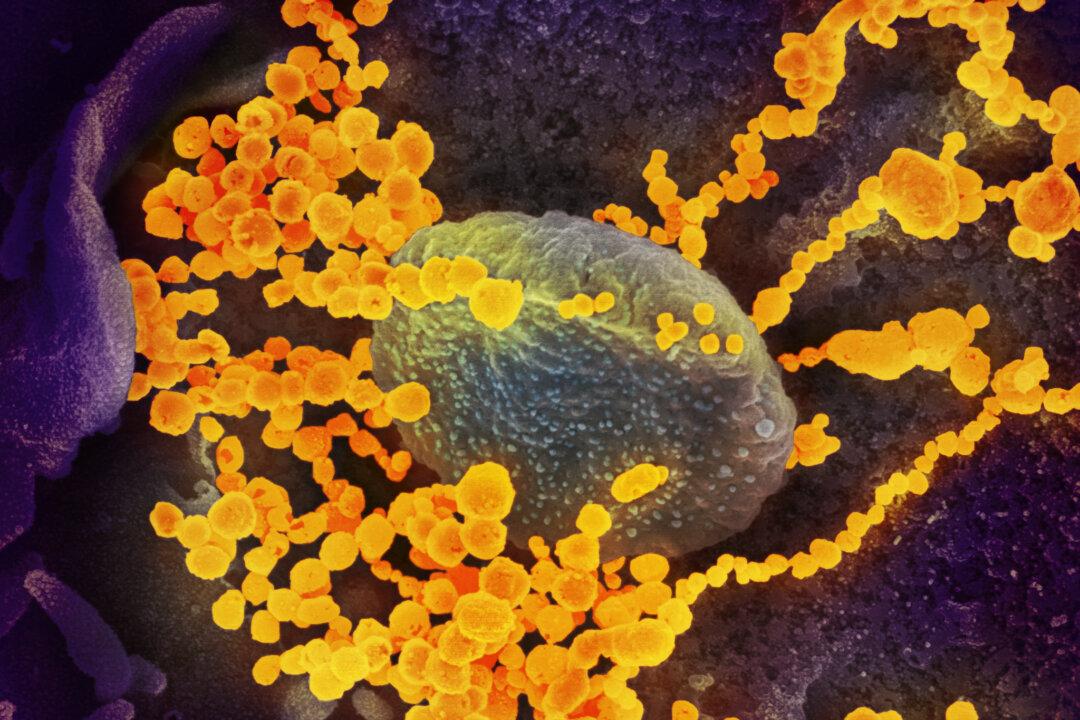The U.S. Centers for Disease Control and Prevention (CDC) on Wednesday warned about an expected increase in COVID-19, influenza, and RSV in the coming months, although levels for those respiratory viruses are currently low.
But the agency said there are signs of increased activity for RSV, or respiratory syncytial virus, in southern and eastern states, namely in younger children. Seasonal flu levels are also slightly trending upward, the CDC added.





